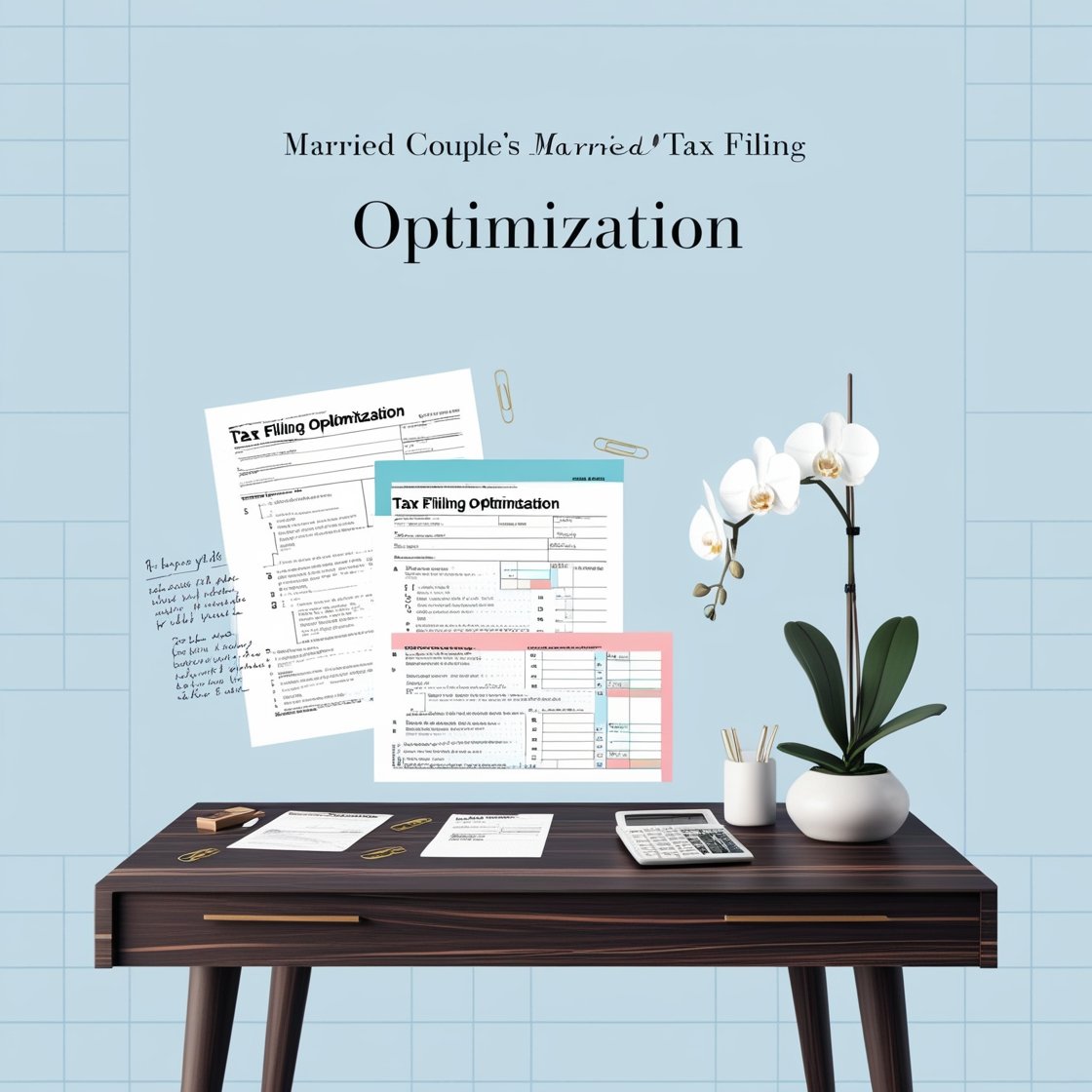Filing taxes as a married couple can bring new opportunities to save money and maximize benefits. Whether you’re newly married or simply looking to make the most of your tax situation, understanding your filing options and key strategies is essential. Here’s how you can optimize your tax filing as a married couple.
- Understand Your Filing Status Options
When you’re married, you have two primary filing status options:
- Married Filing Jointly (MFJ): Most couples choose this option because it often results in lower tax liability. Combining your incomes and deductions can help you qualify for various credits and tax breaks.
- Married Filing Separately (MFS): In some cases, filing separately may be more beneficial, such as when one spouse has significant medical expenses, student loan interest, or other deductions tied to income. However, filing separately can limit access to certain tax credits.
- Leverage Tax Credits for Married Couples
As a married couple, you may qualify for several tax credits, which directly reduce your tax liability. These include:
- Earned Income Tax Credit (EITC): If your combined income falls below certain thresholds, you may qualify for this valuable credit.
- Child Tax Credit: Families with children can claim up to $2,000 per qualifying child.
- Education Credits: The American Opportunity Credit and Lifetime Learning Credit can help offset education costs.
- Maximize Deductions
Deductions reduce your taxable income, potentially lowering your tax bill. Consider the following:
- Standard Deduction vs. Itemizing: For 2024, the standard deduction for married couples filing jointly is $27,700. If your itemized deductions (such as mortgage interest, state taxes, and charitable contributions) exceed this amount, itemizing might be more beneficial.
- Medical Expenses: If your medical expenses exceed 7.5% of your adjusted gross income (AGI), consider itemizing.
- Retirement Contributions: Contributions to IRAs and 401(k) accounts can lower your taxable income and help you save for the future.
- Coordinate Retirement Contributions
Married couples can strategically use retirement accounts to lower their taxable income:
- Spousal IRA Contributions: If one spouse doesn’t work or has limited income, they can contribute to a spousal IRA, provided the other spouse has enough earned income.
- Max Out Employer Plans: Maximize contributions to employer-sponsored plans like 401(k)s or 403(b)s to take advantage of tax deferral and potential employer matches.
- Be Mindful of the Marriage Penalty
The “marriage penalty” occurs when married couples pay more taxes than they would as two single filers due to higher tax brackets and phaseouts. To mitigate this:
- Monitor your combined income to avoid crossing into a higher tax bracket.
- Optimize deductions and credits to counterbalance increased liability.
- Tip: Higher earners may benefit from tax planning strategies like deferring income or increasing retirement contributions.
- Plan for Capital Gains and Losses
If you’ve sold investments, consider how capital gains and losses affect your taxes:
- Married couples filing jointly can exclude up to $500,000 of capital gains from the sale of a primary residence, compared to $250,000 for single filers.
- Offset gains with losses to minimize taxable income from investments.
- Adjust Withholding and Estimated Taxes
Review your withholding to ensure it aligns with your combined income:
- Use the IRS’s Tax Withholding Estimator to determine the correct amount to withhold from your paychecks.
- If you’re self-employed or have additional income sources, make quarterly estimated tax payments to avoid penalties.
- File Early to Prevent Identity Theft
Tax-related identity theft is a growing concern. Filing early can reduce the chances of someone fraudulently filing a return in your name. Use secure methods to transmit sensitive information and monitor your IRS account regularly.
- Consider Professional Tax Help
Tax laws are complex, and a professional tax preparer can:
- Help you identify additional credits and deductions.
- Ensure compliance with IRS rules.
- Provide personalized advice for your unique situation.
The Riwa is your one-stop financial partner, providing reliable tax, payroll service. We help businesses and individuals across the USA.
Contact us: info@theriwa.com & Visit our website : theriwa.com






